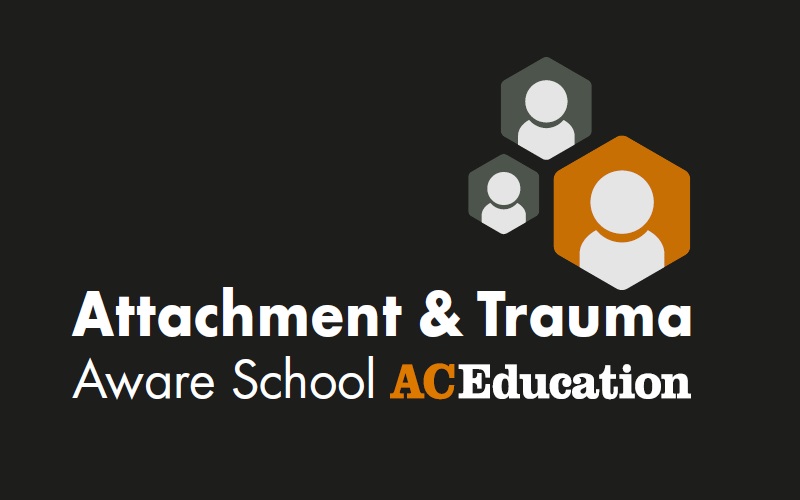Parental Support
At Southway, we adopt a trauma-informed approach to our support and intervention work. The students that join us typically have ‘Social, Emotional and Mental Health’ identified as their primary SEND. On top of these, many students have other complexities, are involved with one or more agency, or have missed significant portions of their Primary or Secondary education.
The structure of our pastoral system has been developed so that we have teams of professionals who are able to address these areas of need and provide appropriate, targeted support. There are three interlinked facets to our provision:
- Safeguarding, welfare and nurture (M.A.T.)
- Special Educational Needs and Disabilities
- Social, Emotional and Mental Health
The Multi-Agency Team (M.A.T.)
Prior to their arrival on site, every student is allocated a Key worker from our Multi-Agency Team. These colleagues have two facets: inward-facing, child, and family, and outward-facing, working with agencies.
In their first capacity, inward-facing, M.A.T. Key workers adopt an almost familial relationship with the students allocated to them in the sense that they become their advocates in school and the primary point of contact. Furthermore, Key workers develop such secure relationships with young people and their families that they can apply ‘parental leverage’ as appropriate: in the right sense, they can cajole and encourage as necessary, in ways that a teaching member of staff might not be able to.
In their outward-facing capacity, M.A.T. Key workers champion the principle of the statutory policy, ‘Working together to safeguard children’, because for a young person and their family, the Key worker becomes the hub of a wheel that can include agencies such as Children’s Social Work Services, SENSAP, the virtual school, the police, the Youth Justice Team and a further extensive list of agencies and support mechanisms.
Often, students and their parents find advocating for themselves in these forums and with these agencies, unfamiliar and uncomfortable. Having a trained professional to coordinate and support throughout is a crucial benefit of our M.A.T. model.
The Multi-Agency Team approach is consolidated by the work of our Safer Schools Officer, who provides direct support to students and families as needed and supports the work of the M.A.T. by providing strategic input and intelligence as appropriate.
The Special Educational Needs and Disabilities Team
Our two SEND Coordinators are part of the school’s Senior Leadership Team and, as such, have a direct input into the strategic and operational aspects of SEND provision at Southway.
Each referring school is allocated to a specific SENDCo, so that all students referred from a given school have the same Southway SENDCo. This facilitates the development of secure relationships with the host school’s SEND team and ensures clarity around the need and support required for each student.
The SEND team also have significant input into the school’s Continuous Professional Development programme, facilitating regular Student Planning Meetings, which provide a forum in which all staff discuss student-specific support strategies; this CPD enables the sharing of good practice and supports consistency of approach.
Our SENDCos also support families and referring schools with EHCP applications as required.
S.E.MH. Support and intervention
It is important that we recognise that the educational acronym, S.E.MH. is not a single blended need; it comprises the distinct, though often interwoven, aspects of Social needs, Emotional needs, and Mental Health needs. A young person may struggle with one or more of these aspects at any one time and some features may be more dominant than others.
At Southway we endeavour to understand our students, learning about them through relationships, moderating and modifying our approach to suit the needs of the individual. For this reason, we have focussed a lot of our energies on developing an appropriate support structure for students with Social Emotional and Mental Health issues, which includes bespoke interventions.
We strive to have the lowest possible number of suspensions and will only use suspension when absolutely necessary. We hold this ambition because we recognise that for students attending our school, exclusions are likely not to have the desired impact on changing attitudes and moving forwards in a constructive manner. For many students, they also represent a continuation of their experience in a mainstream setting. Our students have typically experienced a disjointed and staggered educational journey and suspensions from school only add to this fragmentation. It is crucial that we challenge unacceptable behaviour, but we need to do so in a manner that enables us to make progress.
On those occasions where a student ‘gets it wrong’, we avoid suspension wherever possible by increasing the level of one-to-one S.E.MH. support and intervention they receive. Students may be assigned to work with key staff in a one-to-one capacity. These sessions promote constructive reflection and explore effective strategies for better self-regulation.





